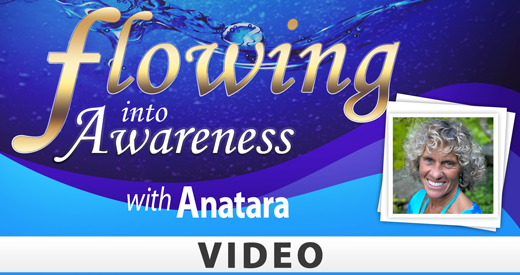| YogaHub |  |
Canadian Pain Society Conference Musings
This past week I attended the annual conference of the Canadian Pain Society in Whistler, BC. These gatherings provide opportunities to develop collaborative relationships with other Canadian health professionals who are passionate about changing pain and changing minds. I am always impressed by people who not only commit their working life to research in pain care, but also to education and mentorship within the Canadian academic institutions.
Nurses, doctors and psychologists form the vast majority of attendees at these conferences. A concerted effort is being made to increase the activity of physical therapists and physical therapy scientists in the Canadian Pain Society. Other professions are eager for our collaboration since physical rehab is such a huge part of pain care.
Over the 3.5 days of the conference, there were many presentations by scientists studying chemistry, genetics, and cellular influences on pain. Unlike the last few pain conferences I have attended, there was less focus in the presentations on the brain changes associated with acute and chronic pain. This makes me wonder if there was a conscious decision by the scientific committee to change the focus. After all, whether related to pain or any other human experience, the brain constantly adapts. We don’t know what is cause and what is effect in relation to these changes, and the worry some have is that brain changes will be equated to pain being a primarily psychological problem.
One focus I noticed this year was on the changes that are occurring in the peripheral nerves with neuropathic pain (pain arising after damage to the nerve cells in our body tissues). Presentations provided excellent scientific evidence showing changes in how the genes work in nerve cells, in neurotransmitter chemicals, in glial cell activity, and in receptors (ion channels) on peripheral neurons. Yet when one listens to this science, there is an associated message that reversing the changes will require pharmacological interventions. This set my mind to consider the following ideas and three questions.
Many, if not all of us, have decided to change something about the way we move, the way we speak, the way we stand or sit, the way we think or the way we emote. It starts as an awareness that something needs to change. (Hopefully we have the wisdom to know what is beyond our control and what is not.) Once we are ready to change we use our knowledge and experience, or maybe a coach, or a self-help book, to work on creating the changes. Typically, this is not an easy or quick process. Yet, with the right kind of practice, changes occur. Then, with persistence, there is a shift. We feel the difference in where we are now to where we were before. There is change. We experience it in our body and in our mind.
- Would the probability of change be different if you started with indepth knowledge of all the abnormal nerve cell chemistry and physiology activity related to the thing you wanted to change?
- If you knew about all these chemical ‘abnormalities’ (which of course are the measurable cell activities occurring in your body related to the thing you want to change), would you believe that the only way to succeed would be to intervene with a drug to alter this chemistry?
- If you view what needs to be changed as human experience and human behaviour, rather than only as a chemistry and physiology problem, would you come up with an alternative solution?
Our point of view has a strong impact on our beliefs about pain. When we focus only on one aspect of pain, we may gain considerable knowledge, but we also create a view of pain and of pain care that is limited.
[tags] neurotransmitter chemical, cellular influences, genetics, chemistry, receptors, neuropathic pain, scientists,psychologists,Nurses, doctors, focus, brain changes[/tags]






